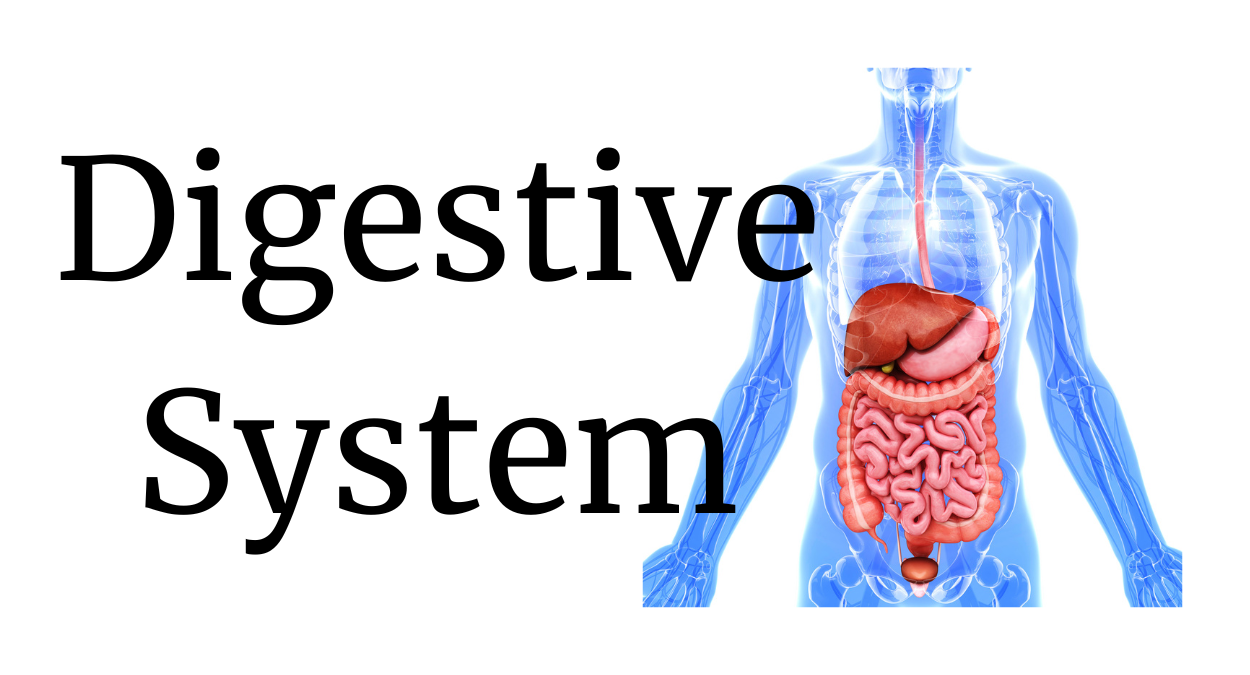Oxytocin – Decoding the Love Hormone
Introduction
The intricate dance of chemicals within our brain plays a profound role in shaping our emotions, behaviors, and connections with others. One such crucial chemical is oxytocin, often referred to as the “love hormone.” Understanding the nuances of oxytocin can provide insights into the intricacies of human relationships and emotional well-being.
Oxytocin: The Love Hormone
Oxytocin, a neuropeptide, holds a special place in the realm of neurotransmitters. Produced by the hypothalamus and released by the pituitary gland, oxytocin is renowned for its role in fostering social bonds and relationships. It serves as a powerful influencer in our ability to trust, empathize, and connect with others.
Production and Release
The intricate web of oxytocin production involves specific brain regions, including the hypothalamus. Various stimuli, ranging from physical touch to emotional intimacy, act as triggers for oxytocin release. This intricate mechanism underscores the dynamic nature of oxytocin in response to different stimuli.
Effects on Behavior
Oxytocin’s influence extends beyond the physiological realm, significantly impacting behavior. Studies indicate that elevated oxytocin levels are associated with increased trust, empathy, and prosocial behavior. Its role in maternal behavior further emphasizes its profound impact on our interpersonal connections.
Oxytocin and Romantic Love
The connection between oxytocin and romantic love has been a focal point of scientific inquiry. Research suggests that oxytocin levels surge during intimate moments, fostering emotional bonds between partners. This neurochemical interplay contributes to the depth and intensity of romantic relationships.
Oxytocin in Stress Reduction
Beyond its role in relationships, oxytocin has garnered attention for its stress-relieving properties. This hormone acts as a natural stress buffer, mitigating the impact of stressful situations on the body and mind. Understanding the mechanisms behind oxytocin’s stress-reducing effects opens avenues for innovative approaches to mental health.
Medical Applications
The therapeutic potential of oxytocin extends to medical applications. From aiding childbirth to potential treatments for mental health disorders, oxytocin’s versatility is under exploration. Researchers are delving into its ability to alleviate symptoms of conditions like anxiety and depression, offering new possibilities for mental health therapies.
Oxytocin and Social Anxiety
Studies exploring the link between oxytocin and social anxiety have revealed intriguing findings. Oxytocin appears to play a role in reducing social anxiety, opening up possibilities for targeted interventions. However, ethical concerns and debates within the scientific community underscore the need for careful consideration in its application.
Controversies and Criticisms
As with any scientific breakthrough, oxytocin is not without controversies and criticisms. Ethical concerns regarding the use of oxytocin in social situations have sparked debates about the potential misuse of this hormone. Balancing the benefits with ethical considerations remains a key challenge in oxytocin research.
Natural Ways to Boost Oxytocin
Fortunately, enhancing oxytocin levels isn’t confined to pharmaceutical interventions. Engaging in activities that promote social bonding, such as hugging, cuddling, or spending quality time with loved ones, can naturally boost oxytocin. Lifestyle changes, including stress management and adequate sleep, also contribute to overall well-being and oxytocin production.
Oxytocin and Parent-Child Bonding
The significance of oxytocin extends to the realm of parent-child relationships. Oxytocin plays a pivotal role in bonding between parents and their children, influencing the development of secure attachments. Understanding this connection sheds light on the importance of early bonding experiences for lifelong emotional well-being.
Limitations of Oxytocin Studies
While oxytocin holds immense promise, researchers acknowledge the challenges in studying this complex hormone. Limitations in study designs, variations in individual responses, and the need for more extensive, longitudinal research highlight the complexities of unraveling oxytocin’s full potential.
Future Research and Discoveries
The field of oxytocin research continues to evolve, with ongoing studies exploring new dimensions of its functions. Current trends indicate a growing interest in uncovering oxytocin’s role in various aspects of human behavior and its potential applications in mental health. Anticipated breakthroughs in future research may pave the way for innovative interventions and treatments.
Conclusion
In the intricate tapestry of human emotions, oxytocin emerges as a key player, weaving connections, fostering trust, and influencing behavior. The love hormone’s multifaceted roles in social bonding, romantic relationships, stress reduction, and beyond make it a captivating subject of scientific inquiry. As we delve deeper into the complexities of oxytocin, we unlock the potential for groundbreaking insights into our understanding of human connection and well-being.
Frequently Asked Questions (FAQs)
1. What is the primary function of oxytocin?
– Oxytocin’s primary function is to foster social bonds, trust, and empathy, influencing various aspects of human behavior and relationships.
2. Can oxytocin be naturally increased?
– Yes, engaging in activities that promote social bonding, such as hugging and spending quality time with loved ones, can naturally boost oxytocin levels.
3. Are there any side effects of oxytocin?
– While oxytocin is generally well-tolerated, excessive doses may lead to side effects such as nausea and changes in blood pressure. Consultation with a healthcare professional is advised.
4. How does oxytocin influence mental health?
– Oxytocin is being explored for its potential in mental health therapies, with studies suggesting it may have a role in reducing symptoms of conditions like anxiety and depression.
5. What role does oxytocin play in non-romantic relationships?
– Oxytocin is not limited to romantic love; it influences various relationships, including parent-child bonding and friendships, contributing to social connections beyond romantic partnerships.





